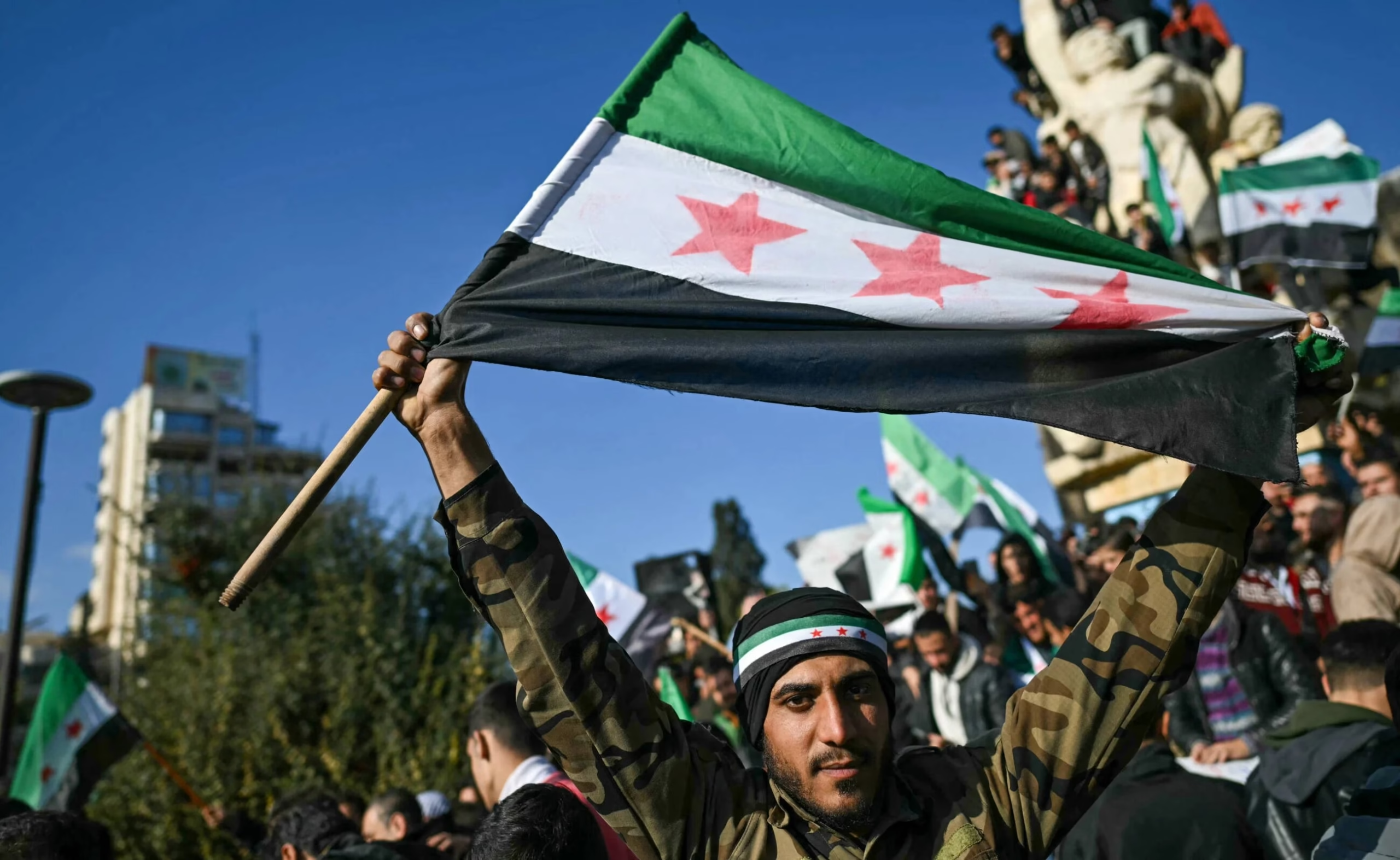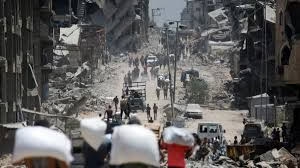Leaders of pro-Iran Palestinian factions with ties to former Syrian president Bashar al-Assad have left Syria following pressure from the new authorities—an important step in meeting U.S. conditions for lifting sanctions, Palestinian sources confirmed on Friday.
One faction leader, who fled Syria after Assad’s removal in December, revealed that most Tehran-backed Palestinian leaders have relocated to countries like Lebanon. Another source still in Damascus corroborated the exodus.
According to these sources, the factions surrendered all weapons stored at their headquarters and submitted lists of members possessing firearms. Most weapons were handed over, although some individuals retained light arms with official permission for self-defense.
In the war-ravaged Yarmuk Palestinian camp near Damascus, AFP journalists observed that faction flags and party offices had disappeared. Similar closures were seen in other parts of the city.
Historically, Syria became a refuge for Palestinians after 1948 and hosted many faction leaders from the 1960s onward. Under Assad, Iran-backed factions operated freely. However, this changed after his ouster by forces loyal to current leader Ahmed al-Sharaa, whose Islamist group spearheaded the campaign against Assad.
As part of broader efforts to reshape Syria’s alliances, the new government has begun dismantling ties with Iran-aligned Palestinian groups. U.S. President Donald Trump reportedly gave Sharaa a list of demands, including the deportation of Palestinian faction leaders branded as terrorists by Washington.
These factions, part of Iran’s so-called “axis of resistance” against Israel, also include groups from Iraq, Lebanon, and Yemen—some of whom fought alongside Assad’s regime during the civil war.
A Lebanese official disclosed that Palestinian camp disarmament in Lebanon is expected to begin next month following an agreement with visiting Palestinian Authority President Mahmud Abbas.
While the Syrian government has not officially ordered the factions to leave, sources say many groups faced operational restrictions, arrests, and seizures of property. Offices, homes, and training camps once used by the factions have reportedly been confiscated by authorities.
Notably, some senior faction figures—such as Talal Naji of the PFLP-GC and Khaled Khaled of Islamic Jihad—have been detained by Syrian authorities without public explanation.
According to a representative of a faction that remains in Syria with a minimal presence, there is now little to no communication with the new administration. “They don’t say it outright, but we’re clearly unwelcome,” he said.
Meanwhile, the Fatah movement and Hamas appear unaffected. A Hamas official in Gaza confirmed ongoing communication with Syrian authorities, though Hamas maintains only limited representation after relations soured early in the civil war.
In Yarmuk, resident Marwan Mnawar described a climate of uncertainty and fatigue: “No one knows what happened to the faction leaders. People are just tired. They want peace and stability.”



